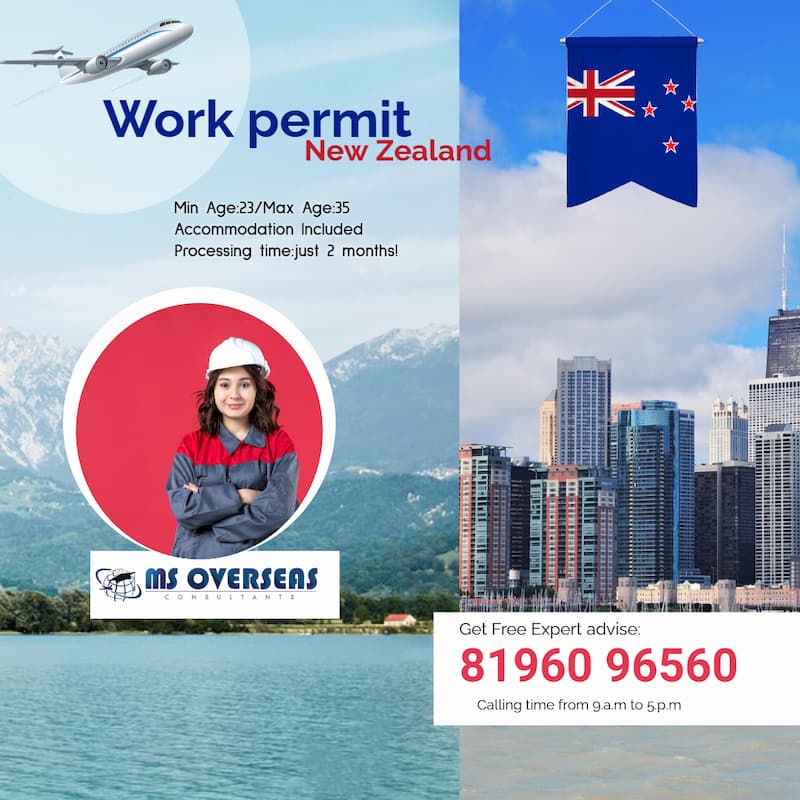Australia Implements New Rules to Curb ‘Visa Hopping’: What You Need to Know

In a significant move to curb ‘visa hopping,’ Australia has announced a ban on certain visa holders from applying for Student visas from within the country. Effective July 1, 2024, this policy change impacts holders of Visitor and Temporary Graduate visas, among others. Here’s a comprehensive look at the new regulations and their implications. Australia New Student Visa Rules
Key Changes to Student Visa Applications
Starting July 1, 2024, if you are planning to apply for an Australian student visa, ensure that your application is submitted from offshore. The Australian government has decided that holders of specific visas, including Visitor and Temporary Graduate visas, can no longer apply for Student visas while in Australia. This decision underscores the government’s intention to accept student visa applicants who genuinely aim to pursue studies in Australia from outside the country. Australia New Student Visa Rules

Affected Visa Categories
The new rule affects several visa categories, barring their holders from transitioning to a Student visa while in Australia. These include:
- Visitor Visa (Subclass 600)
- Temporary Graduate Visa (Subclass 485)
- Electronic Travel Authority (Subclass 601)
- Medical Treatment Visa (Subclass 602)
- eVisitor (Subclass 651)
- Maritime Crew Visa (Subclass 988)
It’s important to note that student visa applications lodged in Australia before July 1, 2024, will still be processed under the old rules. Additionally, holders of Working Holiday Maker and Work and Holiday visas will not be affected by this change.
The Rationale Behind the Change
The Australian government has made it clear that the policy aims to prevent ‘permanent temporariness.’ The Grattan Institute’s recent “Graduates in Limbo” report highlighted that 32% of Temporary Graduate visa holders were extending their stay by returning to study when their visa expired. This practice, commonly referred to as ‘visa hopping,’ often sees individuals prolonging their stay in Australia without progressing towards permanent residency.
By enforcing this new rule, the government encourages Temporary Graduate visa holders to either depart Australia at the end of their visa term or seek job opportunities that could lead to employer-sponsored visas or permanent residency.
Additional Changes for Temporary Graduate Visa Holders
Alongside the ban on applying for Student visas onshore, the Australian government has introduced several other changes effective July 1, 2024, for Temporary Graduate visa holders:
- Shortened Post-Study Work Rights: The duration of post-study work rights has been significantly reduced.
- Reduced Age Limit: The maximum age limit has been lowered from 50 to 35 years.
- Increased English Language Requirements: Stricter English language proficiency standards were implemented in March.
How to Apply for a Student Visa
If you are a prospective student, you can apply for a student visa from offshore and then travel to Australia to await the outcome of your application. However, you must hold or obtain a visa that allows entry and stay in Australia during this period. It’s crucial to note that offshore Student visa applicants are not eligible for a Bridging visa to remain in Australia while their application is processed.
Visitor visa holders can continue to study for up to three months while holding their visa. Those wishing to study for longer periods must apply for a Student visa from outside Australia.

Addressing Permanent Temporariness
This measure addresses the issue of ‘permanent temporariness,’ where individuals who may not meet the criteria for permanent residency extend their stay through multiple visa applications. The changes aim to ensure that those who remain in Australia have clear pathways to permanent residency or leave the country at the end of their visa term.
Affected Visa Subclasses
In addition to the aforementioned visas, the following visa subclasses are also impacted by the new rule:
- Subclass 403 (Temporary Work – International Relations)
- Subclass 426 (Domestic Worker – Diplomatic or Consular)
- Subclass 771 (Transit)
- Subclass 995 (Diplomatic Temporary)
Conclusion The Australian government’s new regulations signify a firm stance on preventing visa hopping and ensuring that only genuine students pursue education in the country. If you are planning to study in Australia, be prepared to apply from offshore and stay informed about the latest visa policies. For more information contact us now.
Disclaimer:
This information is based on updates from various sources. For the latest and most accurate details, please refer to the official Australian government websites.
Source: www.financialexpress.com
- Australia Implements New Measures for Temporary Graduate Visa Holders
- Understanding the New Australian Student Visa Restrictions 2024: What You Need to Know
- Common Mistakes to Avoid During the Application Process for Studying in Australia
- Simplifying Your Australian Adventure: A Guide to Tourist Visas for Couples and Families
- Unlocking Your MBA Dream Abroad: The Ultimate Guide to Mastering Costs and Financial Planning
- Can Time Spent as a Student or Temporary Worker Count Towards the Residency Requirement?
Also read:
- Portugal Tourist Visa: Your Ultimate Guide to Visiting Portugal
- Study in the UK Without IELTS – Secure Your Visa Even After a 5-Year Study Gap!
- Rs 8,000 Crore Loss Due to Canada’s Foreign Student Cap – What It Means for Indian Colleges and Students”
- ✨ Dreaming of Visiting the UK Without Travel History? Here’s How You Can Make It a Reality!
- Indian IT Firms Brace for Major H-1B Visa Overhaul: How Will It Impact the Industry?






